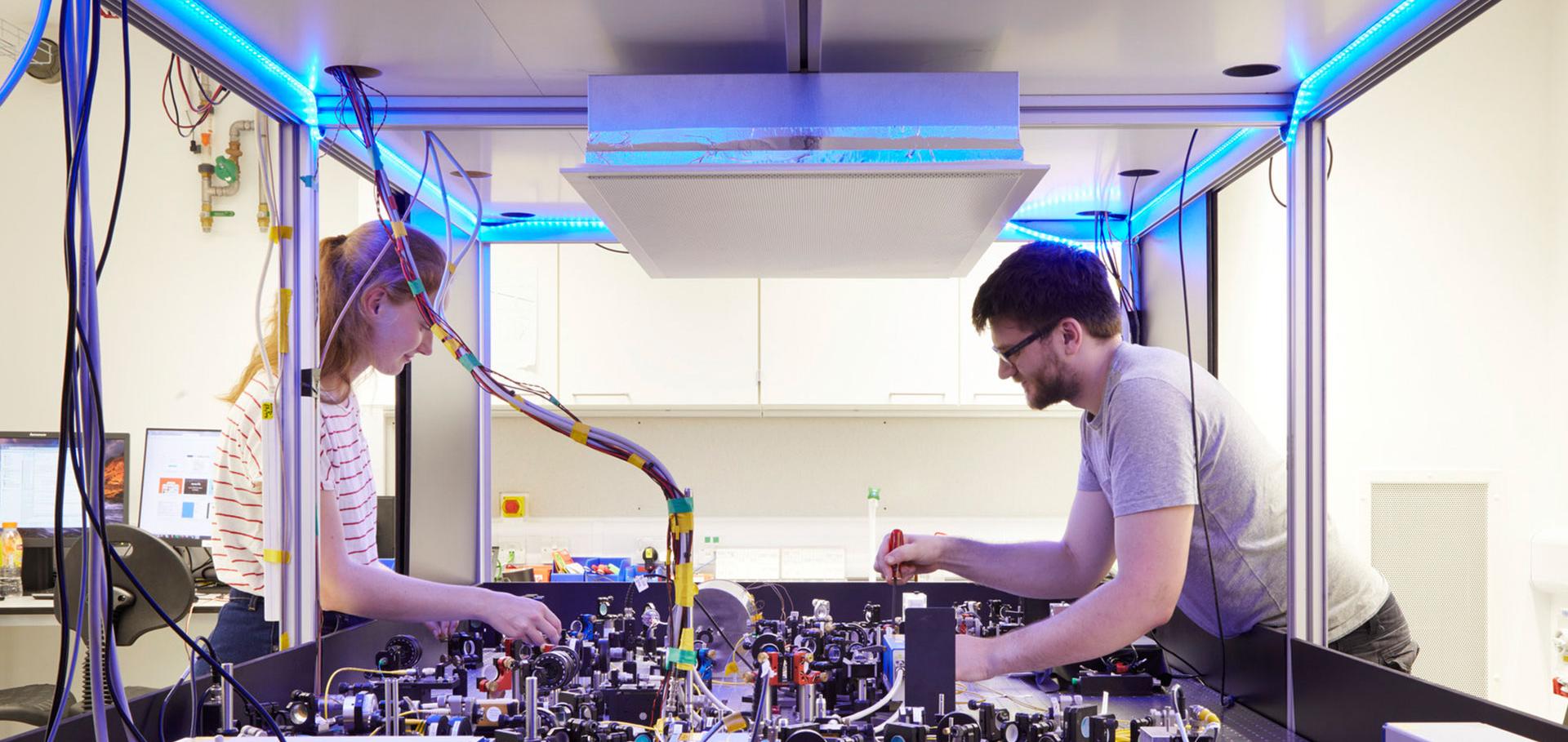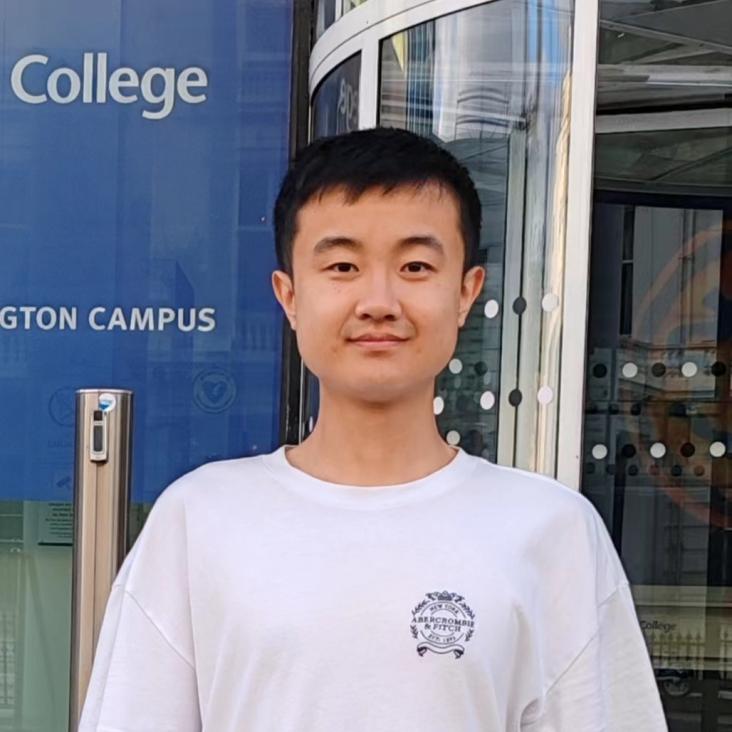Variational quantum simulation of general processes
Abstract:
Variational quantum algorithms have been proposed to solve static and dynamic problems of closed many-body quantum systems. Here we investigate variational quantum simulation of three general types of tasks—generalized time evolution with a non-Hermitian Hamiltonian, linear algebra problems, and open quantum system dynamics. The algorithm for generalized time evolution provides a unified framework for variational quantum simulation. In particular, we show its application in solving linear systems of equations and matrix-vector multiplications by converting these algebraic problems into generalized time evolution. Meanwhile, assuming a tensor product structure of the matrices, we also propose another variational approach for these two tasks by combining variational real and imaginary time evolution. Finally, we introduce variational quantum simulation for open system dynamics. We variationally implement the stochastic Schrödinger equation, which consists of dissipative evolution and stochastic jump processes. We numerically test the algorithm with a 6-qubit 2D transverse field Ising model under dissipation.Ab initio Quantum Simulation of Strongly Correlated Materials with Quantum Embedding
Exploring quantum many-body systems from the viewpoints of quantum computing and spectroscopy
Abstract:
Understanding quantum many-body behaviours such as exotic phases and spectroscopic properties in quantum materials and molecular systems is a long-standing problem of both fundamental and practical interest in quantum physics. This understanding provides insights into the true underlying physics of quantum many-body systems, aids in the prediction of the microscopic and macroscopic properties of those systems, and also advances the rational design and synthesis of novel materials. However, our ability to understand quantum many-body behaviours has hitherto been limited, due to the excessive demands imposed on classical computing by the inherent complexity of describing and analysing those behaviours. While the advent of quantum computing has opened up new possibilities for examining these questions, the current generation of quantum technology does not yet present a feasible, standalone way to solve the above problem. However, a fusion of classical and quantum approaches could arguably provide a viable way of exploring interesting quantum phenomena. The central objective of this thesis is to achieve such a synthesis in practice, and to establish a corresponding framework for the study of quantum many-body systems. One area of particular interest is the intersection between quantum computing and spectroscopy, specifically in terms of the latter's potential to greatly assist in the investigation of quantum many-body phenomena.
Quantum many-body problems in general can be divided into two classes, static and dynamic problems, which correspond to the estimation of eigenstate properties (such as eigenenergies and order parameters in different phases), and dynamical properties (such as response to an external field). In Part II, I present a number of approaches to solve these static and dynamic problems. I initially establish a quantum computing framework based on hybrid quantum-classical tensor networks, which incorporate the inherent advantages of classical tensor networks and quantum computing to represent the quantum system. I then demonstrate how eigenstate properties can be estimated by a randomised linear-combination-of-unitary method, termed algorithmic cooling, with at most one ancillary qubit; this achieves a logarithmic circuit complexity with respect to precision in eigenstate property estimation, and reaches the Heisenberg limit in eigenenergy estimation. Turning to dynamic problems, I present an adaptive product formula approach to construct a low-depth quantum circuit for simulating quantum dynamics. I further show how to enable large-scale dynamics simulation based on hybrid tensor networks, followed by a perturbative approach to simulating quantum many-body dynamics.
In Part III, I first demonstrate how spectroscopic features of quantum systems can be probed. Equipped with the framework and methods established and developed in this thesis, I study quantum many-body phenomena, and excitation spectra in interacting bosons, fermions, and quantum spins through numerics and experiments. In Part IV, the quantum resources required for the application of quantum computing to realistic problems in the near future are assessed, together with the challenges that accompany such application. This encompasses a discussion of the estimated resources needed for estimating eigenstate properties of spins, fermions and molecules, in respect of both noisy quantum processors and fault-tolerant quantum computers. I then address some of the inherent challenges of using near-term noisy quantum devices, such as encountering unavoidable quantum process errors and statistical errors, by applying error mitigation, and efficient grouping measurement schemes proposed in this thesis. Finally, I conclude with a few remarks on the development of quantum computing in solving quantum many-body systems, and I pose outlooks for further research in this field.


